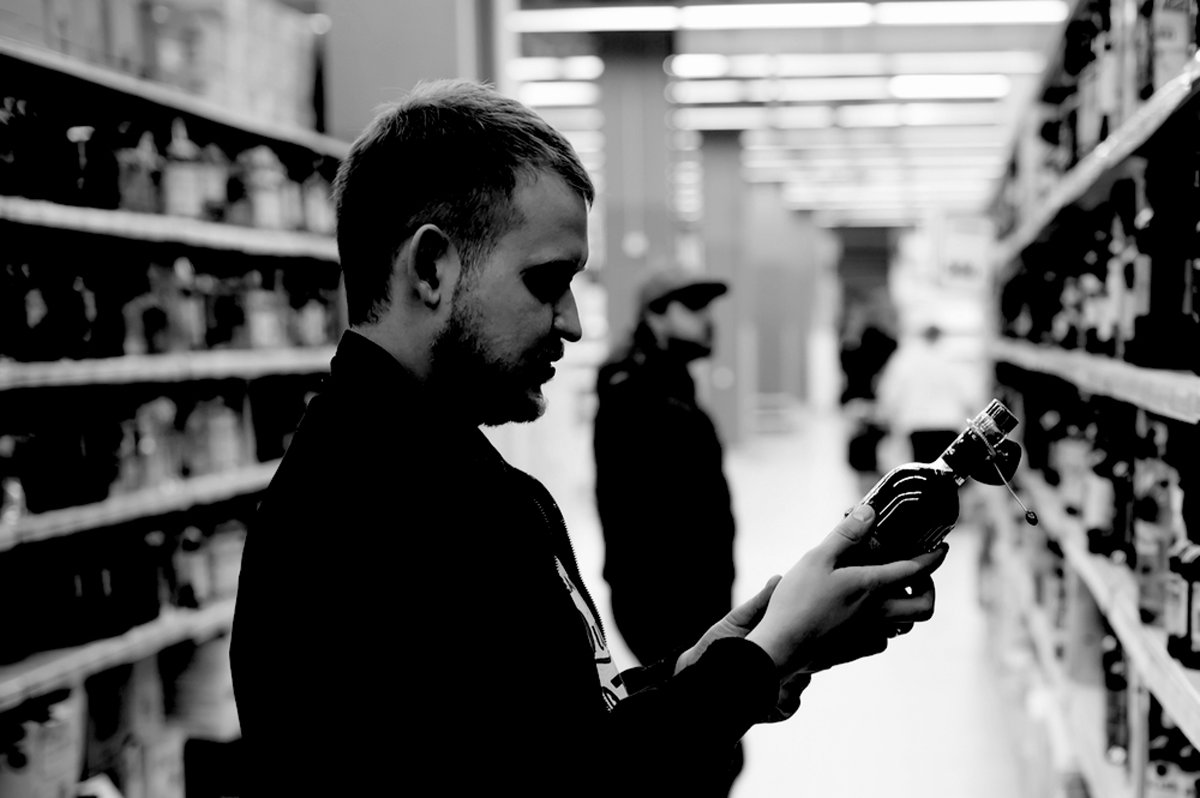Help for Alcohol Abuse
The family of someone afflicted with alcohol addiction may struggle for years or even decades, trying to find a way to deal with the problem. Very often, it’s spouses and children who bear the brunt of that problem that comes home every night or every weekend to make life difficult.

The Wrong Thing to Do Is to Cover Up the Problems Created by Alcohol Abuse.
If you help a person resolve problems caused by their drinking, you are only putting off their realization that they need help, perhaps by months or years. Let’s say they lose a job, wreck a car, or have a hit-and-run accident in the middle of the night. You help them out with money, recommend them for a new job, loan them your car or cover for them when the police come to investigate the hit and run. You’ve just enabled them to continue the same pattern which will only get worse.
When Is a Person an Alcoholic?
When a person suffers from a strong craving for alcohol, when they experience repeated problems in relationships or life and they still don’t stop, and when they are unable to limit their drinking, they are classified as alcoholic by guidelines published by the Centers for Disease Control and Prevention.
They are considered to be abusing alcohol, the lower classification for problems with alcohol, when they are failing to fulfill their responsibilities at school, home or work; if they engage in dangerous behavior, such as getting into a fight while drunk, driving while intoxicated; or they are experiencing problems with relationships that are getting worse as long as the alcohol consumption continues. In most cases, alcohol abuse will become alcoholism if it continues.
Alcoholism can and often does continue for decades, unfaced, unopposed. Some people manage to hold onto jobs despite a drinking problem, which, unfortunately, can extend the time it takes to get that person to realize they need help. Sometimes alcohol problems underlie what appears to be successful careers. Such as the case of David Yelland, the editor of the Sun, a major British newspaper. He admitted in 2005 that he was an alcoholic and had been drunk every night for 24 years. He sought help and now lives clean and sober. In the US, veteran CNN newsman Jack Cafferty recently admitted his lifelong alcoholism and got clean. Both men built successful careers while suffering from long-term alcoholism.
When alcoholism continues, everyone around the alcoholic suffers and the alcoholic himself or herself risks illness or death from accident or the damage done to the body by chronic alcohol abuse.
How Can You Help End the Alcohol Abuse?
There is really only one way. Get that person into an effective alcohol rehab as soon as possible.
There is a myth that you have to wait until the person “hits bottom” and wants help before you can do so. This is just that - a myth. Many people have been gotten into alcohol rehab before hitting bottom because those around him or her did not keep covering up, bailing the person out, letting the alcohol abuse continue. If the family’s earnest plea does not convince the alcoholic to enter a treatment program, if the consequences they are suffering are not enough, then a professional interventionist should be brought in to work with the family and the alcohol addict to bring about the turning point that can start the recovery process. A good alcohol rehab program will have interventionists they work with who can help.
Can the Person Quit on their Own?
Many alcoholics will claim they can quit or cut down or control their drinking habit. This is a lie many more times than it is the truth. If they have reached full-blown alcoholism, they do not have the ability any longer to control or restrict their drinking. If they fail once, you can be fairly sure they will fail a second, third, fourth and fifth time. This is the time for alcohol rehab.
The Narconon Alcohol Rehab Program Enables Drinking Problems to End
There are those who say that an alcoholic may relapse at any time. That an addict or alcoholic is an addict forever. Some rehabilitation programs encourage participants to admit that they are powerless in the face of their addiction and will be forever.
The Narconon drug and alcohol recovery program does not take these approaches. Our belief is that a person can fully recover from the cravings and lifestyle of an alcoholic and can recover also his or her self-esteem and integrity. The Narconon program is holistic, working with the entire person, his life, her problems, his strengths, her weaknesses.

Through a series of unique program steps, the recovering alcoholic learns that he can undo the damage that resulted from his alcohol use. Life skills classes that emphasize heavy application to one’s life help restore the communication skills, decision-making abilities, and productive attitude of those who may have thought just months ago that they had nothing to live for.
The goal of the Narconon rehab program is a person who can look forward to life again instead of hiding in a bottle.
The Narconon program is offered at locations across the US and around the world.